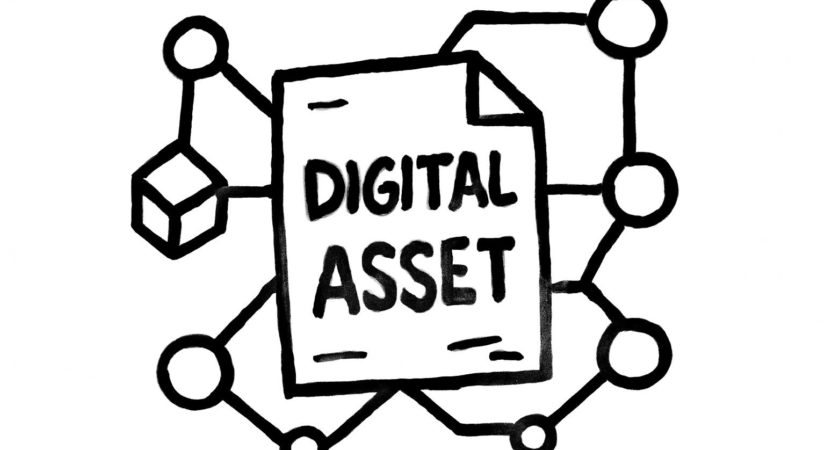A growing number of public companies are adding cryptocurrency to their treasuries, but an analyst warns against investing in alternative tokens with limited adoption and consumptive designs.
Greg Cipolaro, global head of research at Bitcoin financial services firm NYDIG, highlighted Bitcoin’s unique status as “digital gold” compared to many alternative cryptocurrencies, which function as consumptive commodities. These tokens are often “burned” or removed from circulation during transactions or when executing smart contracts, raising concerns about their long-term value for corporate treasuries.
“Unlike Bitcoin, which investors understand best as ‘digital gold,’ many of these alternative treasury cryptocurrencies function as consumptive commodities,” Cipolaro wrote. “These protocols may or may not achieve meaningful adoption, leaving open questions about the long-term value and utility of the treasury holdings.”
Bitcoin’s acceptance as a store of value has developed steadily within Wall Street, while other large tokens like Ethereum are still gaining traditional finance’s confidence as utility assets. Cipolaro also warned that acquiring digital assets exposes firms to the risk of the associated network failing to scale successfully.
Recent months have seen companies acquiring alternative cryptocurrencies such as Ethereum, XRP, Solana, and Tron. Some firms have pursued tokens with niche applications, like Nasdaq-listed Synpatogenix accumulating TAO tokens for the AI-focused Bittensor network, and Interactive Strength acquiring Fetch.ai (FET) tokens, which support decentralized machine learning platforms.
Cipolaro emphasized that crypto treasury strategies depend not just on the digital asset but also on the transparency and structure of the companies making these acquisitions. He noted that some microcap firms provide limited details, making it challenging for investors to evaluate their crypto holdings.
